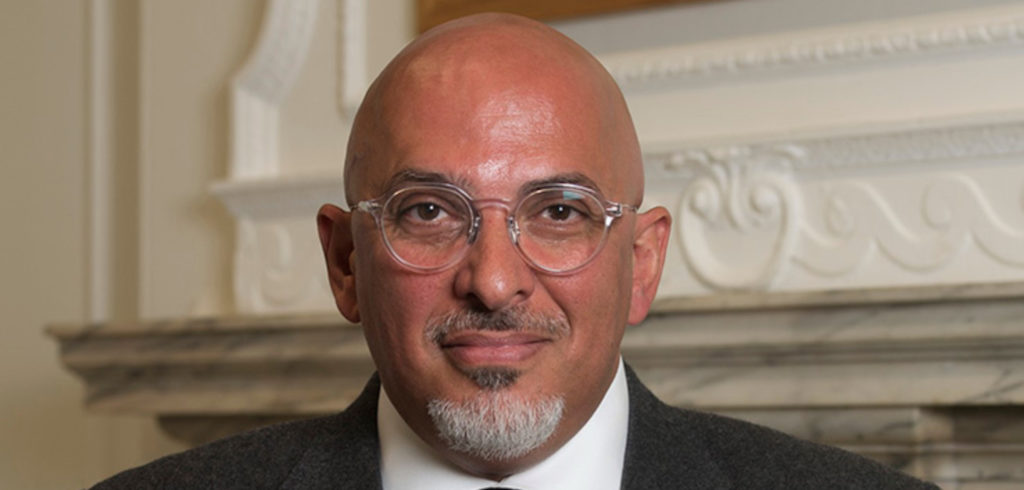The UK’s self-driving industry hub, Zenzic, has awarded £1.2m (US$1.5m) to seven projects carrying out cybersecurity feasibility studies.
The seven projects involve Honda R&D Europe, the University of Warwick, the University of Bristol, IBM and the Millbrook and Horiba MIRA testing grounds.
The competition is part-funded by the Centre of Connected and Autonomous Vehicles and delivered in partnership with Innovate UK.
Competition winners will help define requirements for, and support the development of, connected and automated mobility cybersecurity testing capabilities.
The competition winners will focus on three areas covering cyber-physical resilience and vulnerabilities; provide specifications to support the creation of cyber-test facilities; and explore commercial opportunities to develop related cyber-related services.
The seven projects are:
• ResiCAV – to develop a cybersecurity operations center and extend the application of AI and data visualization techniques;
- CAVShield – to focus on data privacy;
• Project Meili – to evaluate cybersecurity risks arising from the increasing connectivity in modern vehicles; - V2X Vulnerability Mapping – to test vehicle-to-everything (V2X) infrastructure;
- PNT Cyber Resilience – to test positioning, navigation and timing (PNT) products and services;
- DT-4-CT – to research cybersecurity threats to connected vehicle networks; and
- BeARCAT – to explore a coherent, holistic approach to cybersecurity testing.
Richard Porter, technology and innovation director at Zenzic, said, “With the advent of self-driving vehicles, the complexity of cyber defenses will increase as thousands of vehicles, pieces of road-side infrastructure and connecting systems need to share data securely. This is an opportunity for the UK to build on the decades of experience we already have and once again set the standards for the rest of the world to follow.”


